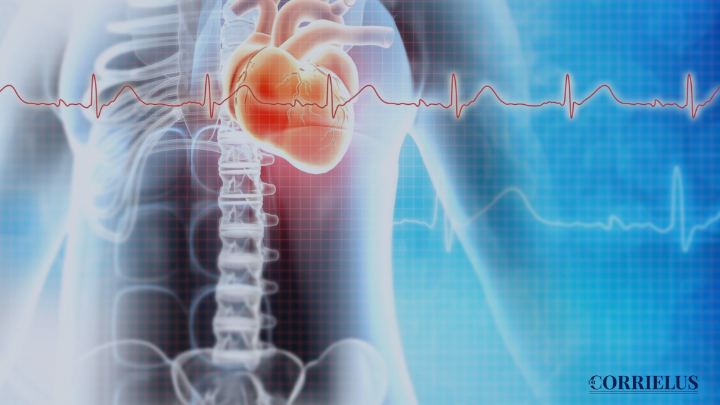Inflammation is a normal element of the body’s healing process, but it can also lead to catastrophic disease.
Inflammation can be acute (short-term) or chronic (long-term or long-lasting). Acute inflammation is the body’s initial response to an accident or illness; consider the redness and swelling you observe after a cut or splinter. Increased blood flow causes the redness you see around an injury.
In response to injury or hazardous bacteria, our immune system releases chemicals that help to expand blood vessels and bring other immune cells to the threat. When this happens, the blood arteries become “leaky,” allowing immune cells to reach where they are required; this “leaking” is what causes swelling, as fluid escapes from your blood and into your tissues.
Causes of Inflammation
Inflammation is a normal immunological reaction to illness or injury. Whether you have a wound or an infection, inflammation aids in the battle against microorganisms and promotes healing. An inflammatory reaction can also be triggered by the accumulation of cholesterol and other chemicals in your arteries (known as plaques or atherosclerosis).
Is it possible for inflammation to cause a heart attack or stroke?
Persistent inflammation is a factor in a variety of heart and circulation diseases, including atherosclerosis, which can lead to heart attacks and strokes.
Atherosclerosis is the formation of fatty plaques in the walls of our arteries. If the cells lining our arteries are damaged (as a result of smoking or high blood pressure, for example), the resultant inflammation can allow fat molecules and immune cells to begin accumulating in the artery wall.
Arthritis and cardiovascular disease
Auto-immune illnesses, in which the immune system wrongly attacks the body, can also produce chronic inflammation. Individuals with these illnesses frequently have elevated levels of cytokines, which are signaling molecules secreted by immune cells. Interleukin-6 (IL-6) is a cytokine that plays an important role in the first inflammatory response to an infection, but it is also detected at elevated levels in the blood and joints of persons with rheumatoid arthritis.
Recent research performed by BHF Professor John Danesh found that having high levels of IL-6 in the blood over time is associated with an increased risk of developing coronary heart disease.
Anti-Inflammatory Lifestyle Modifications
The good news is that you may minimize inflammation by avoiding triggers for your body’s inflammatory reaction. These same lifestyle choices also lower bad cholesterol, blood pressure, and high blood sugar.
These are some things you can take to minimize inflammation:
Stop smoking: Smoking causes blood vessel damage and contributes to atherosclerosis. Quitting smoking can lower your risk of heart disease in half.
Keep a healthy weight: Being overweight puts you at risk for a variety of disorders. Carrying excess fat around your belly, on the other hand, is a warning sign of heart disease risk. Visceral fat, a form of fat that collects in the abdomen, secretes a chemical that induces inflammation.
Increase activity: Even 20 minutes of exercise per day can help reduce inflammation. You are not required to work up a sweat: Moderate exercise, such as quick walking, is beneficial.
A word from the doctor —
Inflammation is also caused by processed and fast foods. In contrast, whole foods are anti-inflammatory. Increase your intake of fruits, vegetables, whole grains, beans, nuts, and fatty fish.
Schedule a consultation with Dr. Sanul Corrielus right away if you have questions about your heart health!



